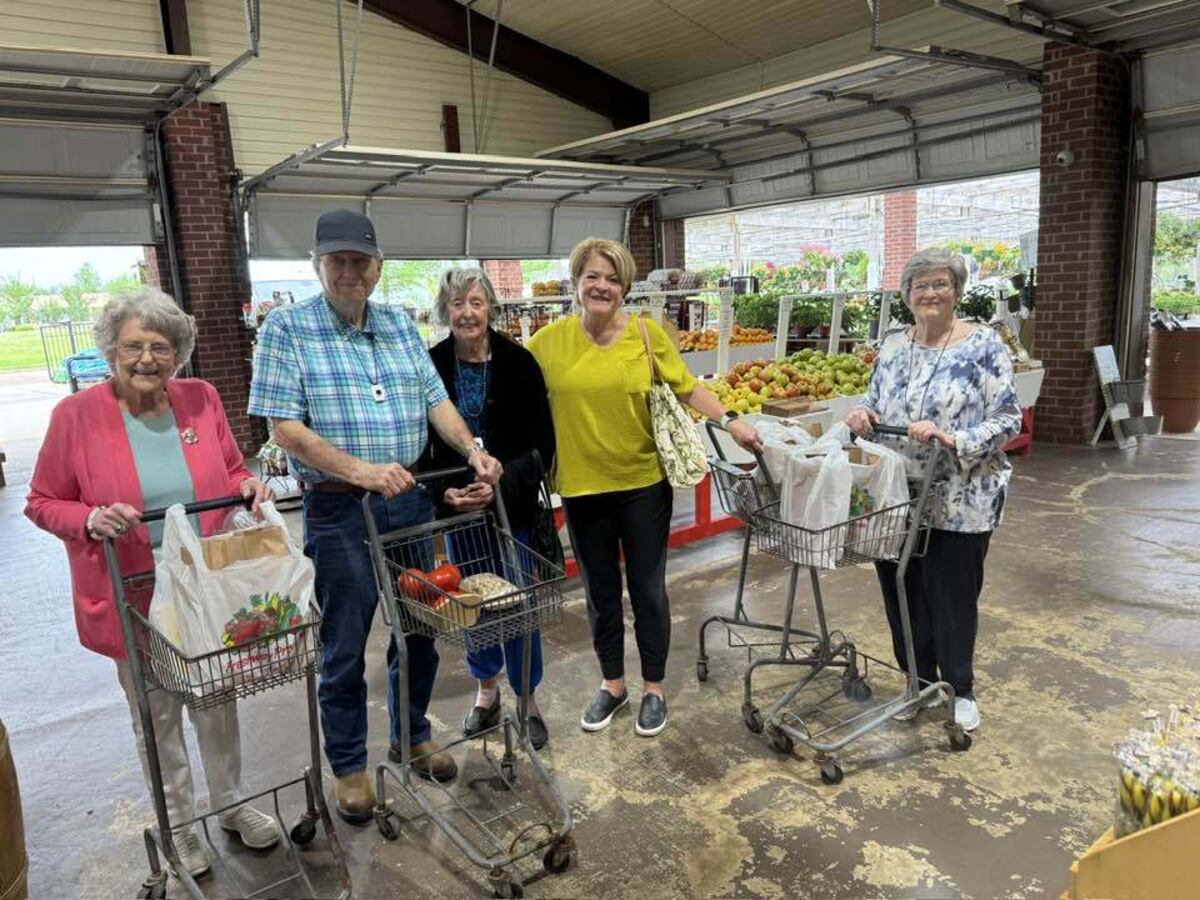In the United States, many seniors live alone and strongly desire to age in place. This independence is not just a preference; it’s a deep-seated need to maintain control over their lives and surroundings.
However, living independently can present difficulties with age. Many families face the challenge of how to support senior citizens. Aging in place becomes possible when families make viable plans for their loved ones.
This guide aims to bridge the gap between older adults’ desire for independence and their need for senior healthcare. Autonomy is entirely achievable with the collective effort of family members, healthcare providers, and community resources.

Why Supporting Aging Loved Ones is Crucial
Helping our older loved ones is fundamental to our relationships with them. They have provided us with support, wisdom, and care throughout our lives. As they age, the dynamic of this care often shifts. Now, they need our support to maintain the quality of life they deserve.
Here’s why: Aging brings about significant changes in an individual’s life, impacting them socially, mentally, and physically.
Socially, seniors may find themselves more isolated. Retirement, the loss of peers, and family moving away lead to fewer social interactions, contributing to loneliness and isolation.
Aging can also pose mental challenges, like diminished cognitive function, affecting memory, understanding, and processing information. That can make everyday tasks more difficult and increase one’s reliance on others for help. Mental health issues such as anxiety and depression can also be detrimental to well-being.
The physical effects of aging can be the most visible. Decreased mobility, chronic health conditions like arthritis or high blood pressure, and the increased likelihood of osteoporosis or heart disease significantly alter seniors’ lifestyles and independence. These physical changes can also make seniors more prone to accidents and injuries.
Despite these challenges, many seniors may not ask for help when needed. That can be due to a variety of reasons:
- A desire to maintain their independence
- Fear of being a burden to their family
- Not recognizing the extent of their needs
- Living without access to specialized healthcare for seniors
- Cannot communicate their needs effectively due to cognitive changes
Understanding this is vital for providing the appropriate support. Recognizing the signs that an older adult in your life may need help, even when they don’t ask for it, can make a significant difference in their well-being.
Offering assistance shows them that they are not alone in facing the challenges of aging.
How To Support A Senior Who Lives Alone
Supporting a senior who lives alone requires understanding and a willingness to address their needs. It’s about ensuring they have a support system to maintain their independence.
You can create a comprehensive plan that addresses your loved one’s unique needs by categorizing their support. The goal is to empower them to live independently with dignity and avoid needing nursing homes.
Physical Needs
Older adults might face challenges with daily activities such as bathing, cooking, cleaning, or managing medications. These tasks can become increasingly difficult due to physical limitations or health issues. This is how to support a senior citizen’s physical needs:
- Assess the home environment and ensure the family’s living space is accessible. Consider modifications like grab bars in the bathroom, better lighting, and removing trip hazards.
- Explore options for in-home care providers who can assist with personal care, housekeeping, meal preparation, and health management.
- Track their doctor’s appointments, medication schedules, and changes in health status to help them manage chronic conditions.
Social and Emotional Needs
The emotional well-being of seniors living alone is paramount. Regular social interaction and emotional support can significantly impact their happiness and mental health.
- Daily phone calls, video chats, visits, and regular communication with peers and family can alleviate loneliness. Help them use technology to stay connected with family and friends. Teach them to use social media, messaging apps, or video calling.
- Be someone they can talk to about their feelings, fears, and needs without judgment.
- Acknowledge their desire for autonomy and involve them in decisions regarding their care and lifestyle.
- Encourage participation in local community centers, clubs, and groups that cater to older adults.
- Organize regular gatherings with family and friends to keep their social life active.
Financial Needs
Navigating the financial aspects of healthcare and daily living is critical for supporting a senior living alone.
- Help them understand and manage health insurance policies to ensure they maximize their benefits.
- Research and apply for federal, state, or local programs offering seniors financial assistance.
- Assist in creating a manageable budget for all their living expenses, healthcare costs, and emergency funds.
The Ideal Solution to Supporting Your Loved One: Senior Living Communities
While supporting a loved one who lives alone has its rewards, managing all their senior healthcare needs effectively can be challenging. That is where the beauty of senior living communities like Pegasus Senior Living truly shines.
Designed with the well-being of older adults in mind, these communities provide a comprehensive solution that covers their physical, emotional, social, and financial needs—all under one roof.
About Pegasus Senior Living
At Pegasus Senior Living, we understand the importance of supporting seniors’ independence. Our communities help residents enjoy the freedom of their own space, with the added benefit of professional support when needed.
We believe in the holistic well-being of residents. Every aspect of our community promotes a healthy lifestyle, from nutritious meals designed for senior health to fitness programs that cater to older people.
Spending time in a community of peers drastically reduces loneliness and isolation. Our vibrant social calendars, filled with events, workshops, and clubs, always ensure opportunities to connect and enjoy life.
Comprehensive Senior Healthcare
Healthcare for seniors is a top priority, emphasizing preventive measures and responsive care. Our communities offer access to long-term care services tailored to individual needs, ensuring peace of mind for residents and their families.
A Spectrum of Care Options
Our communities allow for aging in place, meaning residents won’t have to relocate as their needs evolve. This continuity of care is key for seniors’ comfort and well-being.
1. Independent Living: Perfect for seniors who can manage independently but crave the convenience of community living. Housekeeping, meals, and other daily chores are taken care of, allowing residents to experience the health benefits of peace of mind.
2. Assisted Living: Offers a middle ground for those who cherish their independence but need help with daily activities. Personalized care plans ensure that each resident receives the right amount of support.
3. The Connections Memory Care Program: Tailored for individuals with Alzheimer’s or other forms of dementia, this program provides specialized care and evidence-based therapeutic activities.
Find A Pegasus Senior Living Community to Support Your Loved One
By choosing Pegasus Senior Living, families can rest assured that their loved ones are in a place that prioritizes their independence, senior healthcare needs, and happiness. Each resident can find the perfect balance of care and freedom. Find a community near you and arrange a tour!
